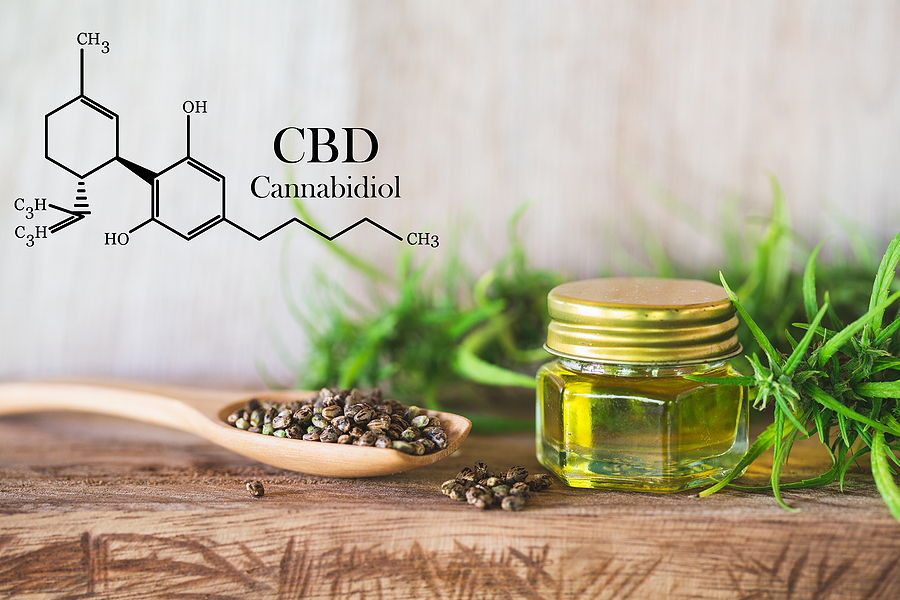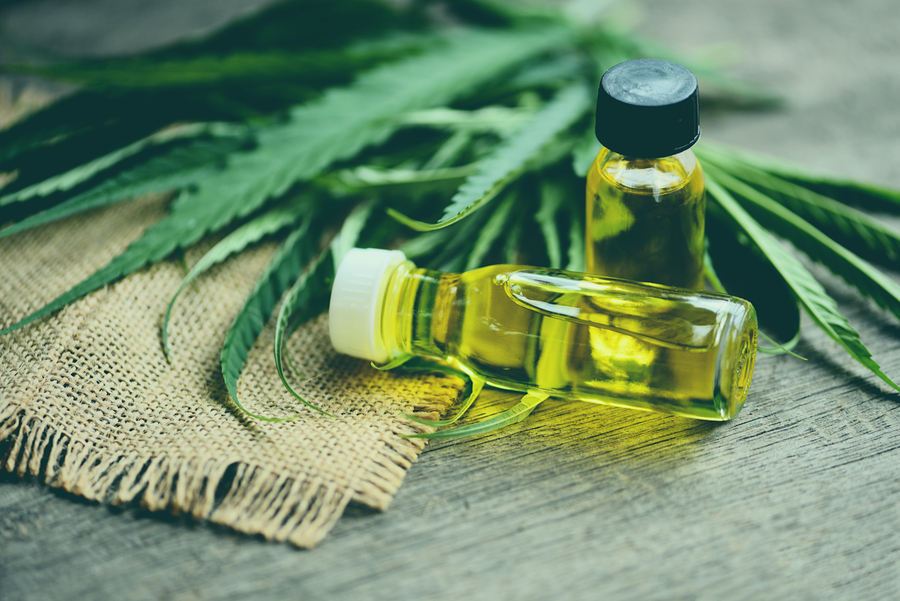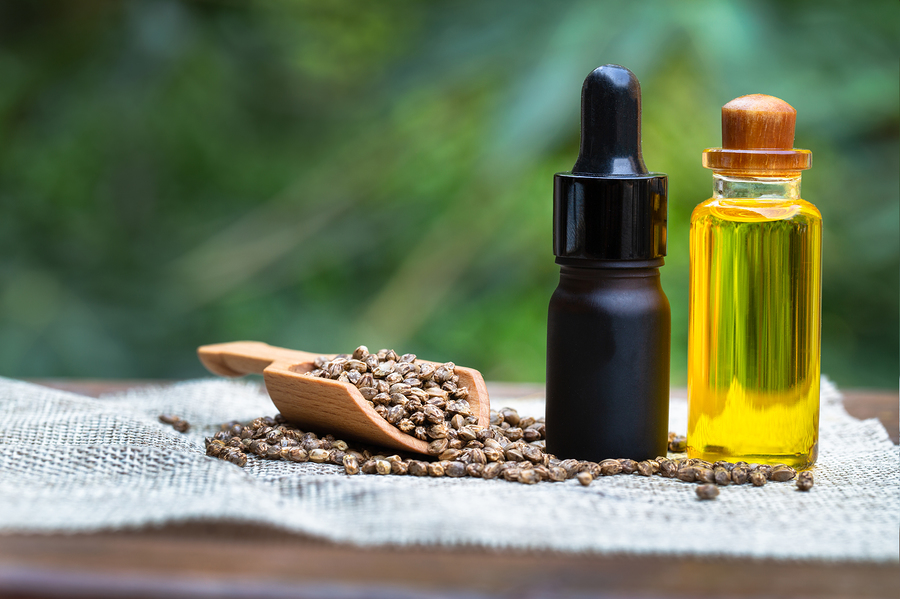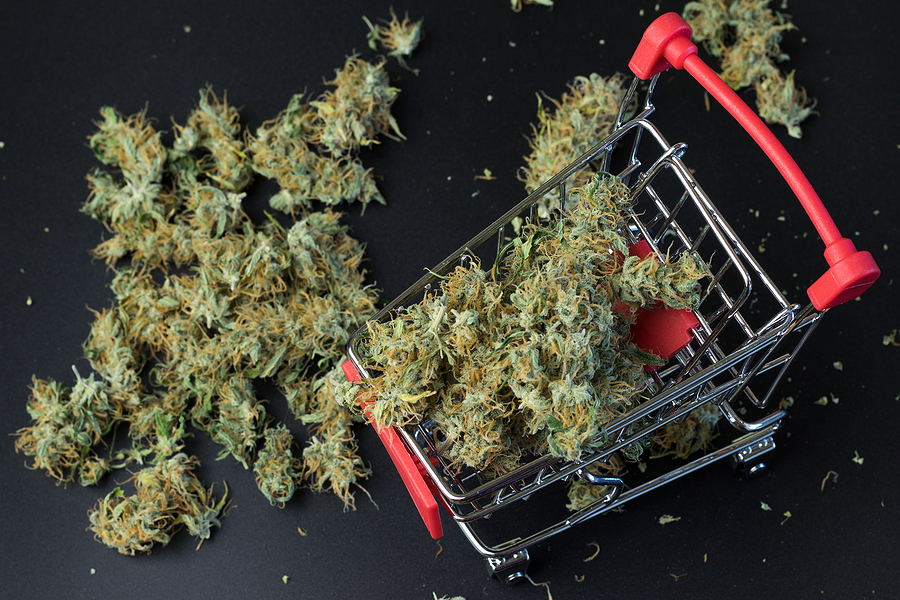We’ll let you in on a secret: making safe, clean CBD oil isn’t that hard. You could make it yourself with some dry cannabis and cooking oil. But why do that if CBD is conveniently available online and in stores?
Because the problem aspiring CBD fans face is an increasingly saturated market as new – often mediocre – cannabidiol vendors throw their hats into the ring. Suddenly, grinding an ounce of herb and slaving over a saucepan for 45 minutes to four hours doesn’t seem so bad. It sounds marginally better than dropping hundreds of dollars on awful CBD oil.
But that’s not a fair expectation. You should be able to know where to look. Fortunately, there are some glaring features and manufacturing practices that make the best CBD brands stand out.
Choosing CBD Oil Types
Whether for general wellness or potential therapeutic benefits, you can’t start shopping for the best CBD oil unless you know which product fits your needs.
The available options are full-spectrum, isolate, and broad-spectrum, which we’ll quickly cover now. Their benefits (and drawbacks) will help you make a more informed decision.
Full-Spectrum
Full-spectrum CBD retains all the necessary terpenes and cannabinoids for maximum therapeutic benefits but at the cost of a strong “hempy” taste and up to 0.3% THC.
Isolate
Isolate CBD oil is made from 99% pure CBD, with no additional compounds – including THC – left behind. It has little to no taste and mixes well with food, but the effects are weaker due to a lack of cannabinoids and terpenes.
Broad-Spectrum
Broad-spectrum CBD retains as many compounds as possible, except THC. This is the preferred option for distributors like Colorado Botanicals. The company’s proprietary process naturally contains more terpenes and cannabinoids than other broad-spectrum CBD oil suppliers.
Brand Reputation
Once you know which type of CBD oil to look for, it’s time to explore brands.
Brand reputation can affect your buying decisions. But to be fair, there are plenty of big names across all industries that aren’t well-liked or trusted. So while brand reputation is a bonus, it’s not fair to count out the underdogs. Remember, none of them became famous overnight.
However, if the brand has a stream of steadily good reviews – even only a handful – on independent consumer sites, it’s a sign you’re on the right track.
Most brands with great reputations offer discounts like Green Roads Discount Code for you to reap the benefits of CBD products.
Third-Party Lab Tests
Some criteria on our list might (emphasis on “might”) be okay to overlook, but lab testing isn’t one of them.
Third-party lab tests are crucial for three reasons. First, they’re a telltale sign that the CBD company stands behind its CBD oil, proving a commitment to accountability and transparency.
Second, it’s essential to know what’s in your product. This applies to anything you put into your body, not just CBD oil.
When the FDA tested several CBD products, they found 70% were mislabeled, including those containing no CBD or higher THC than legally allowed.
Finally, lab tests provide a concise breakdown of other compounds, such as cannabinoids and terpenes, that may affect how the product helps you.
If a company doesn’t offer third-party tests, that’s an automatic deal-breaker.
Potency and Value
Product potency is expressed in CBD milligrams per milliliter (mg/ml). Higher concentrations might seem geared toward people who need a lot of CBD. However, it can also be an effective way to squeeze a lot of value from your purchase.
Try to find a vendor offering a balance between prices and strength. You’d be surprised how many vendors provide 25 mg/ml as their most potent option. Meanwhile, a few companies – including Colorado Botanicals – provide up to 100 mg/ml at shockingly low prices.
Hemp Farming Methods
The word “organic” might be a popular selling point – and it certainly should be. But “organic” isn’t a blanket term, according to the USDA. Let’s quickly look at those.
Organically-Grown
The USDA states organically-grown plants need to be grown using the same methods and standards as certified organic products.
Organic
“Organic” refers to any crop grown in soil that’s been free of (otherwise legal) synthetic fertilizers, herbicides, and pesticides.
Certified Organic
The rarest of all organic labels, “certified organic,” refers to organic products that have been inspected and determined to meet strict USDA standards.
Brand Reputation
Brand reputation can affect your buying decisions. But to be fair, there are plenty of big names across all industries that aren’t well-liked or trusted. So while brand reputation is a bonus, it’s not fair to count out the underdogs. Remember, none of them became famous overnight.
However, if the brand has a stream of steadily good reviews – even only a handful – on independent consumer sites, it’s a sign you might be on the right track.
Guarantees
Extensive return policies aren’t critical, but they certainly help. It also lets you try a new CBD product with peace of mind. In some cases, returning a product can feel like pulling teeth.
Try to find companies that offer money-back guarantees – even on opened products. The Colorado Botanicals 60-day money-back guarantee is one of the best examples. You can start your CBD journey risk-free.
Image Source: BigStockPhoto.com (Licensed)
Site Disclaimer
Marijuana is a Controlled Substance under the Controlled Substance Act (21 U.S.C. 802) (“CSA”) and the cultivation, distribution, and possession of marijuana is a crime under federal law. Keep all marijuana and marijuana products out of reach of children and animals. Intoxicating effects of marijuana and marijuana products may be delayed. Use of marijuana while pregnant or breastfeeding may be harmful. Consumption of marijuana and marijuana products impairs your ability to drive and operate machinery, please use extreme caution
Related Categories: CBD, Reviews







